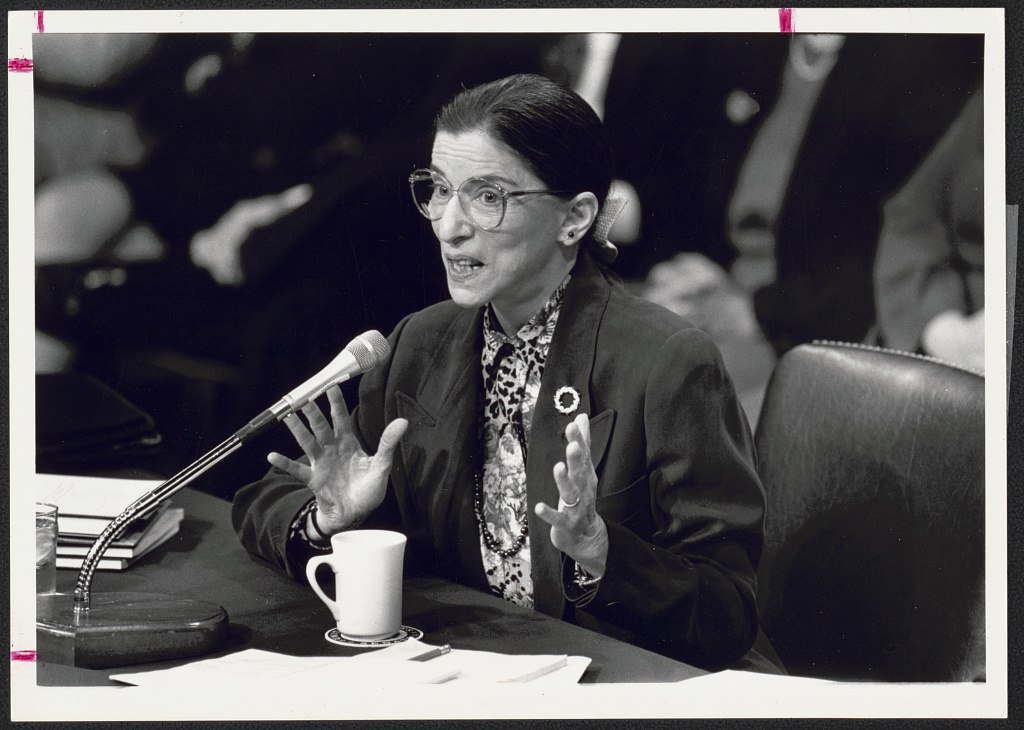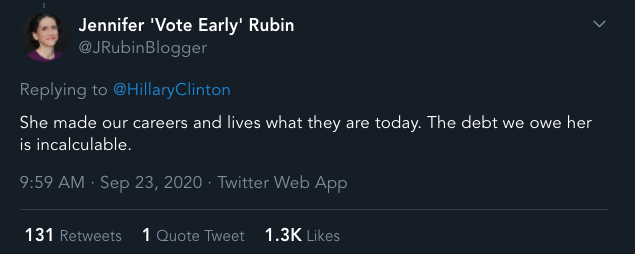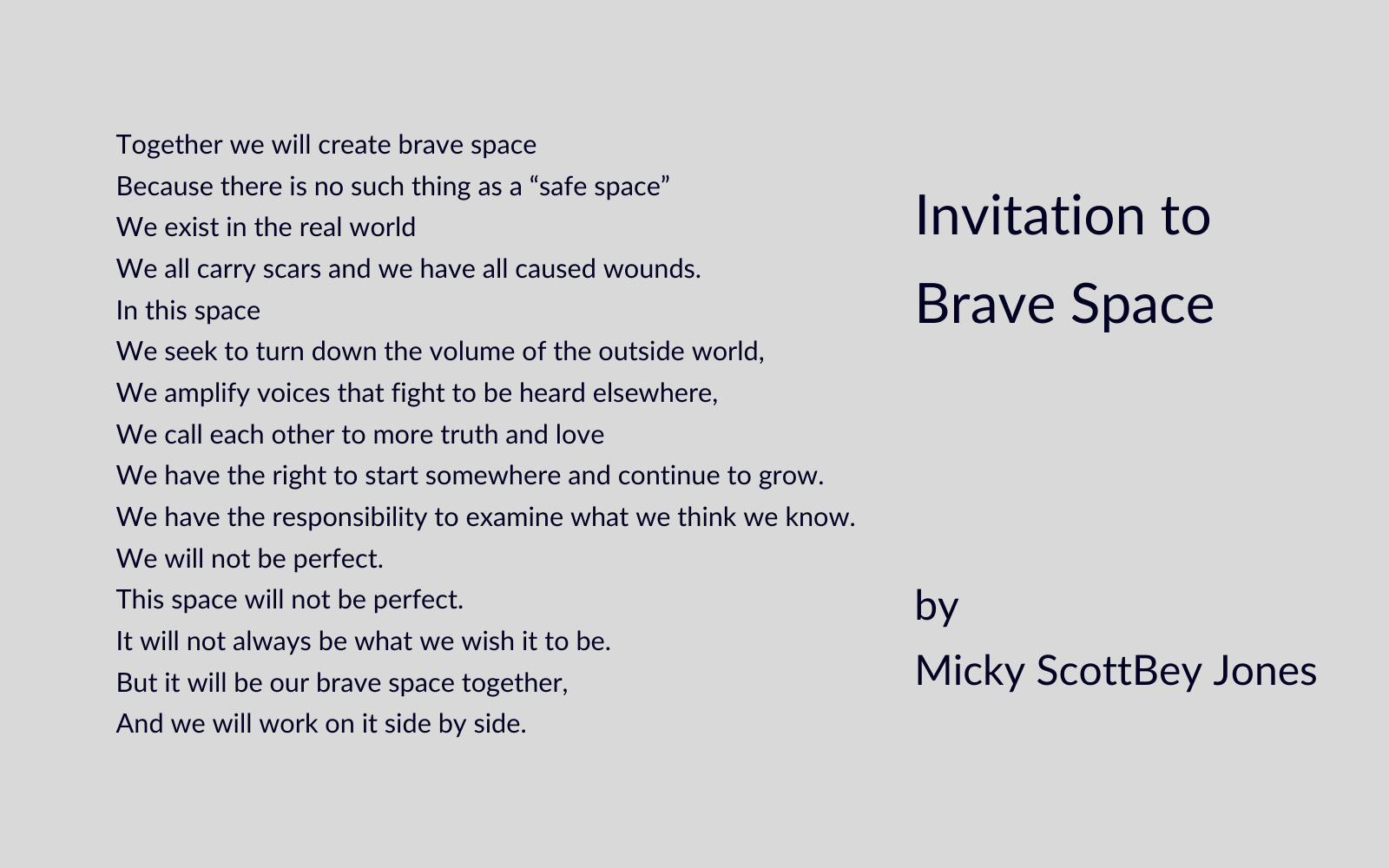
Early on, when Tesla was still Tesla Motors and hardly anyone had heard of it, co-founders Marc Tarpenning and Martin Eberhard were approached repeatedly by large companies that wanted to throw significant money at them, so they could work on solving their problems. Marc and Martin always said no.
They turned down those offers because they were both clearly aligned around the mission of the company, the product they were building, and their personal goals and ambitions.
They also knew each other really well. Not only had they already co-founded an e-reader company together, but even before that, they’d been meeting for coffee every Wednesday (and to this day, they still do that). They had a mutual understanding that extended beyond the practical aspects of working together; they had shared values and a shared mission.
Not everyone has the opportunity to meet a co-founder serendipitously—but no matter how you meet, you have to establish that same chemistry that existed between Marc and Martin. You need to be united around your beliefs, values, and mission. You’ll have lots of decisions to make, and you’ll change your mind many times along the way. But there are some things that you need to get right from the start—specifically, what the point is of doing all this, and what will make it worthwhile.
Earlier this year, when I was looking for a new partner, I used Jordan Cooper’s 33 Questions to really determine who I was, what I wanted, how I wanted to build our venture firm, and what I was looking for in a partner. It’s a great list of questions and helps people get to the heart of the things that matter.
I realized that a similar list for co-founders could be useful. I started with Jordan’s list, organized it a bit differently, and then added in questions that are more relevant to co-founders of a startup, rather than a venture firm:
Absolutes:
1. What will you never do and never tolerate from anyone on your team
2. What will you always do and demand from everyone on your team?
The idea and the mission:
3. Describe what the mission is, to you.
4. What’s at the core of this company?
5. In the ideal world, describe what this company looks like in 5 years, 7 years.
6. How much does the mission behind this idea matter to you?
7. Pivoting:
— a. If we don’t get traction and have to pivot, would you be okay with that?
— b. How far of a pivot are you willing to make?
— c. Are you willing to wait and come back to the core idea once the pivot is successful?
8. What is the timeframe within which you want to see the mission come to life?
9. What if it takes longer than we think? What options will you consider?
[Note: Sometimes you pick your co-founder before you decide on an idea. In that situation, this whole conversation about the idea could be had more generally, instead of about the specific company you decide to start]
Understanding each other:
10. What is your life’s mission?
11. What is a life well-lived?
12. How do you define success? How do you define failure?
13. Have you failed before?
— a. How did you feel about the experience?
— b. How did you react to the experience?
— c. What did you learn from the experience?
14. What stresses you out? How should I help you handle stress?
15. Who are your closest thought-partners and collaborators and why?
16. Who doesn’t like you and why? Who would you consider adversaries?
17. Who are your mentors?
18. Who are CEOs you look up to and why?
19. What major life events do you envision over the next 10 years?
20. How do you imagine your frame of mind evolving over the next 10 years?
21. What are the life events that have shaped you that I need to know about?
22. How do you learn?
Ethics and Behavior:
23. Have you ever had any issues in the realm of sexual harassment, inappropriate work behavior, legal issues, or has anyone ever challenged or questioned your integrity in a way that might come into focus in the future?
24. What, if any, policies or infrastructure would you want to create to ensure a healthy and ethical work environment?
Values:
25. What are the values that you want to define your company?
26. What will the company and its people stand for and live by?
27. Are there clients or industries you’re morally opposed to entering or serving?
Motivations:
28. What role does money play in your ambitions?
29. Why are you doing this, versus working for a different company?
30. What gets you out of bed each morning?
31. Is winning important to you?
32. How do you measure the impact of your work?
33. Whose opinions of you matter and why?
Compensation:
34. What kind of salary will make you happy and comfortable?
35. What’s your threshold for an exit? Would you be open to being acquired? If yes, how much would you need to personally make in order to accept the offer?
36. How do you think about equity between co-founders? Should we always have equal equity?
Investors:
37. What kind of investors do you want to raise $ from? (values, brands)
38. Who do you already have good relationships with? Who are aspirational?
39. What is the ideal relationship between us and our investors?
40. Is how much money we raise a badge of success?
Roles/how we work with each other:
41. Who is the CEO? It’s got to be one of us.
42. What are the kinds of decisions we need to agree on, and which decisions can the CEO make without consultation?
43. How will we stay connected? What processes should we put in place to be in sync as we move fast? (15 minute phone call/zoom at the end of each day?)
How the team will operate:
44. What are your superpowers, and what do you perceive as mine? How can we accentuate and build around them?
45. What are our strengths as a team?
46. Which responsibilities do you want, and what do you actively not want to own?
47. What are our operating agreements? What standards do we commit to, how will we resolve conflicts?
48. How do you want to build the company, geographically? Where should the office be, or will the company be remote?
49. If it is remote, how will we build culture?
50. What is the culture we want for our company?
51. Where do you think you are weak, where do you think I am weak, and where do you think we are weak as a team? How can we buffer these weaknesses?
Concerns / worries:
52. What do you think is going to be hard, both initially and down the line
53. Based on time together so far, does anything worry you?
First 365 days:
54. What are the most important things for us to accomplish?
55. If we do x, y, and z, what will a great first year in business look like?
This is a long list, but working with a co-founder is a big decision. This process only works if each person is herself. It’s like making unique jigsaw pieces fit together. Pretending to be a differently shaped piece won’t help anyone.
These are the things you need to get right from the beginning, if you’re going to start a successful mission-driven company. This process will take time and it won’t be easy, but it’s one of the most rewarding things you can do.


